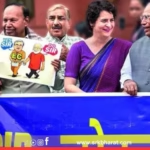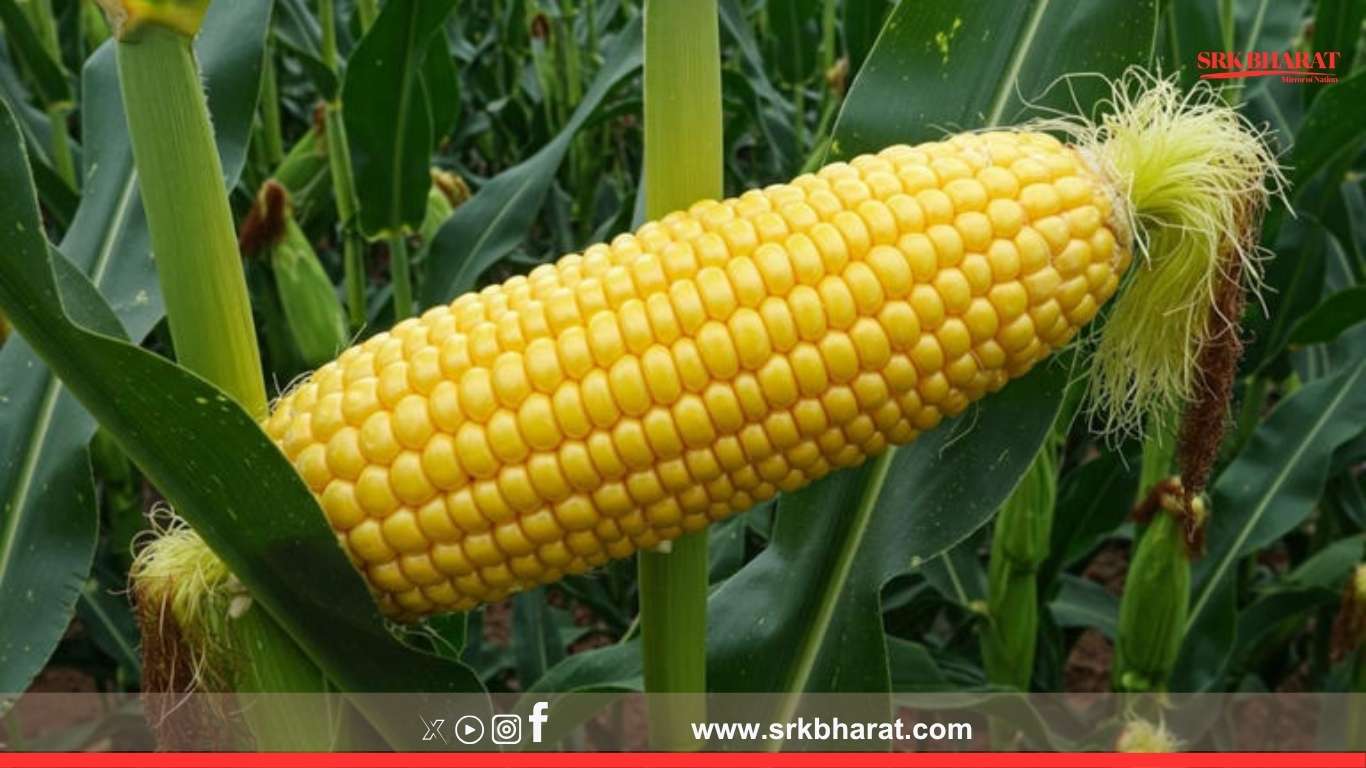India’s ongoing trade negotiations with the United States have hit a political and regulatory flashpoint over the import of genetically modified (GM) crops, with the Food Safety and Standards Authority of India (FSSAI) and RSS-affiliated groups at the center of the storm.
US Push for GM Imports Sparks Domestic Backlash
As part of a proposed bilateral trade agreement, the US is pressing India to allow imports of GM maize, soybeans, and apples—a move that has triggered alarm in New Delhi. The only GM crop currently approved for commercial cultivation in India is Bt cotton, introduced in 2002.
The FSSAI, which in 2017 assured the Supreme Court that no GMOs would be permitted without proper regulation, is now under scrutiny for its evolving stance. Despite being tasked with drafting guidelines for GM food approvals, the agency admitted in 2018 that it was still in the process of doing so.
Political and Legal Minefield
Any shift in India’s GMO policy could invite judicial intervention and provoke strong opposition from farmers’ unions and RSS affiliates, particularly the Swadeshi Jagran Manch (SJM). The SJM has long opposed GM crops, citing health risks and environmental concerns.
“There are three reasons we oppose GM crops,” said SJM co-convenor Ashwani Mahajan, referencing cancer rates, biodiversity loss, and food sovereignty.
Trade Deal at Risk
The impasse threatens to derail the trade agreement ahead of the July 8 deadline, after which new tariffs of 26% could be imposed in the absence of a deal. Government insiders warn that conceding to US demands could carry significant political costs, especially with elections looming.
What’s Next?
With FSSAI still finalizing GMO regulations and RSS-backed groups ramping up pressure, the Centre faces a delicate balancing act between trade diplomacy and domestic consensus.
🔁 Share this article to follow India’s high-stakes GMO debate and its impact on global trade talks.











